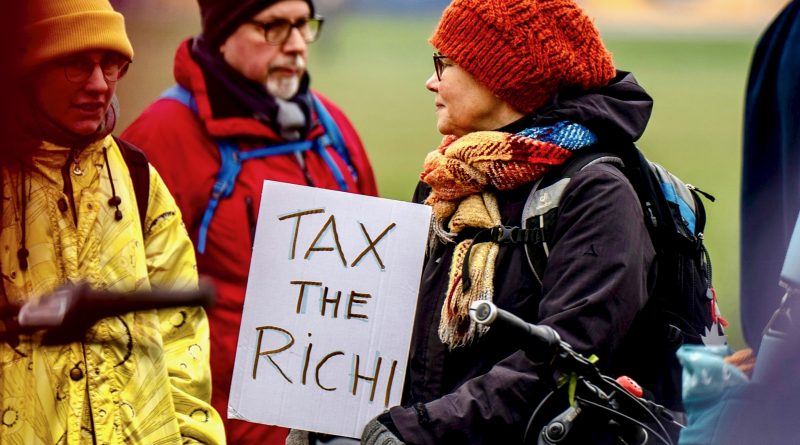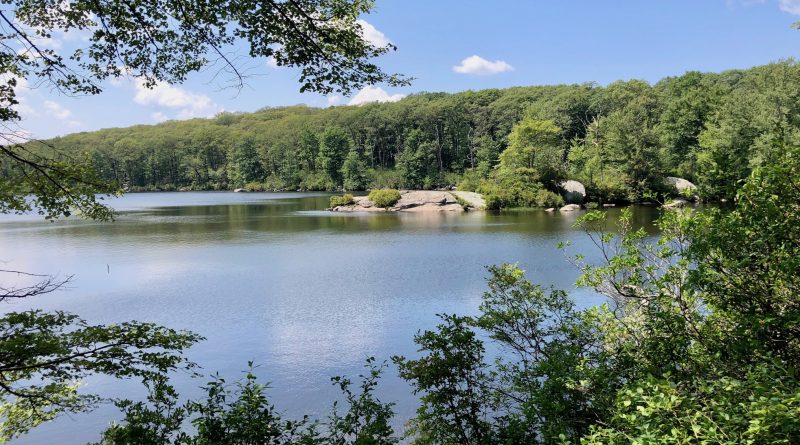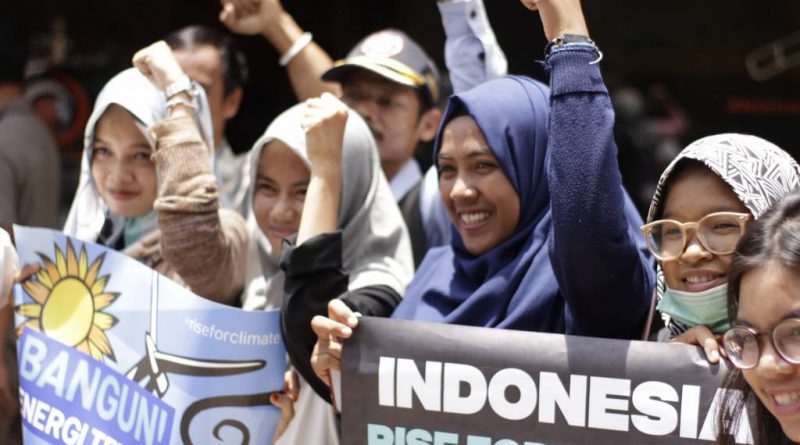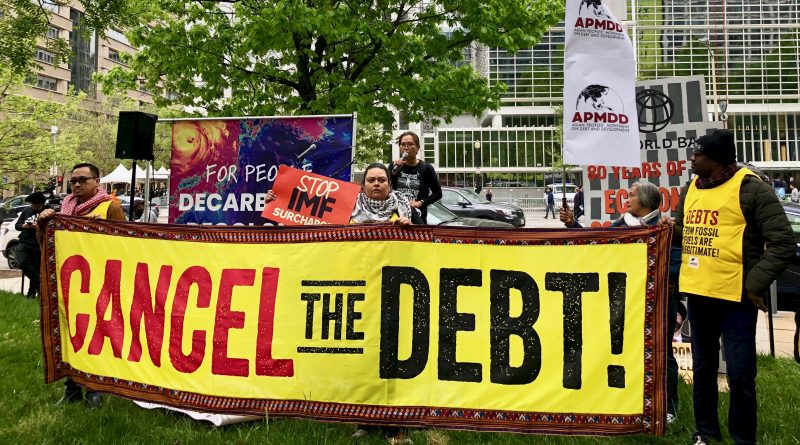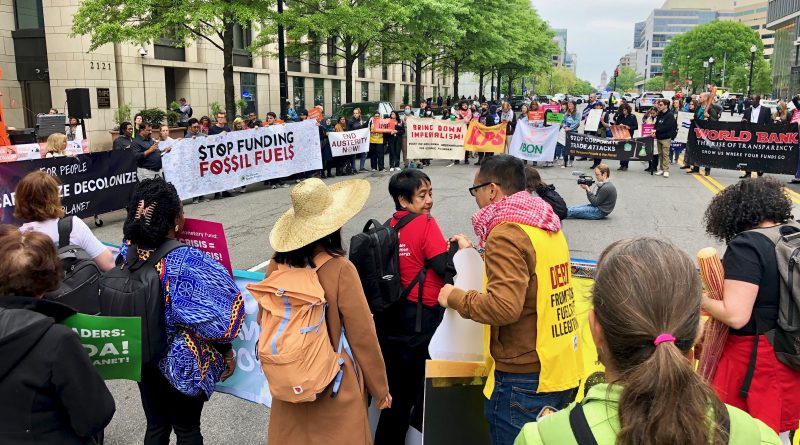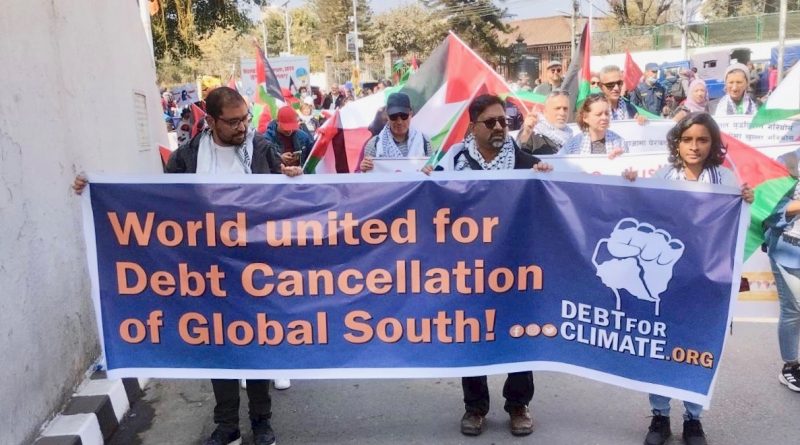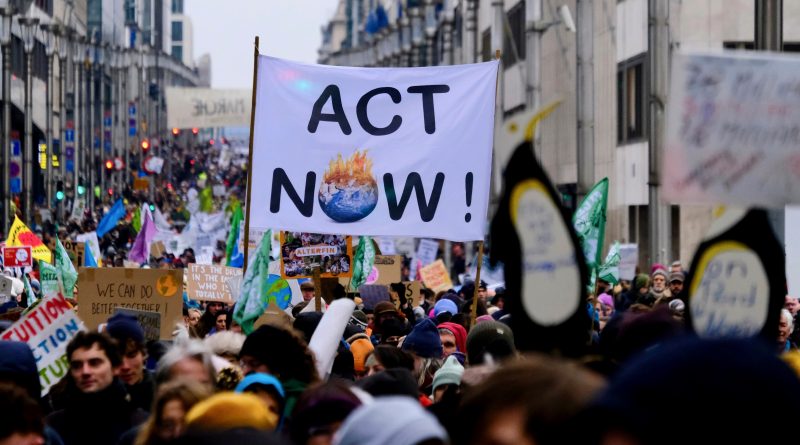Tax Justice – a necessary component of climate justice
Trillions of dollars are now needed every year to meet humanity’s global needs for climate action and for a basic standard of living for all. Fortunately, there is enough money to meet all these needs. The problem is that a vast amount of the world’s wealth is currently held by a tiny number of ultra-wealthy individuals and corporations, and they are not spending it to meet humanity’s needs.
Tax justice is the answer. Tax justice will make the world’s wealth available to meet the world’s problems. Without tax justice (and debt cancellation) climate justice will be unattainable and humanity will not be able to successfully address the climate crisis. Action is needed in many nations and by the global community as a whole.
Tax justice includes: …
Read more